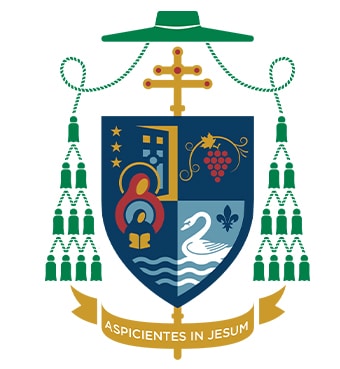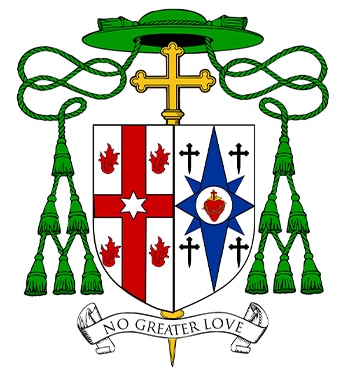For bishops like Hoeppner and Binzer, what comes next?

Bishops in the news this week point to a question important but unaddressed by the Apostolic See and U.S. Catholic leaders: What should happen next for bishops forced to leave office after failures in administrative leadership and governance?
Should they be formally deposed? Are they expected to ride off into the sunset? Is there some role for them in the Church? Are they supposed to be “cancelled?”
The question is especially vexing for bishops who have been permitted to resign, rather than being formally removed for some clearly stated misdeeds.
Unless the Holy See addresses that question, differing sets of expectations will lead inevitably to frustration among practicing Catholics about what such bishops are doing, and how other Catholic leaders have seemed to respond.
And those problems will not soon go away.
On Tuesday, the Holy See announced the resignation of Bishop Michael Hoeppner of Crookston, Minnesota. Hoeppner’s resignation followed a 20-month investigation into charges he pressured an aspiring deacon to recant a claim he had been abused by a priest as a teenager, and mishandled other cases of abuse and misconduct in the diocese.
Hoeppner was allowed to resign, rather than face removal, even while he has admitted under oath to violating legal and canonical reporting obligations, along with other significant breaches of judgment.
On the same day his resignation was announced by the Holy See, the Diocese of Crookston announced that Hoeppner would celebrate a “Mass of Thanksgiving” to conclude his time in the diocese. The bishop plans to “move out of state to a warmer climate,” he told Catholics in a letter posted April 13 on the diocesan website.
Read more at The Pillar








